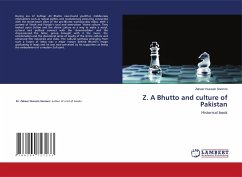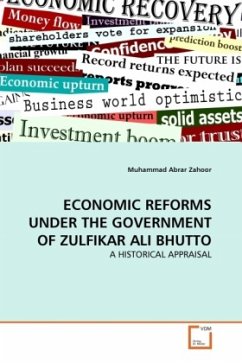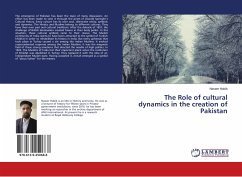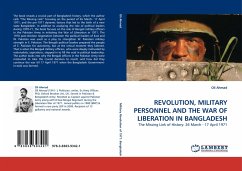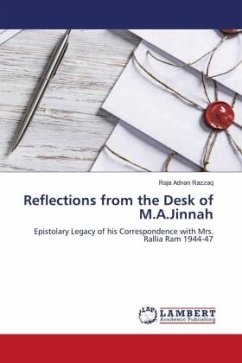During era of Zulfiqar Ali Bhutto new-found youthful, middle-class infatuations such as radical politics and revolutionary posturing connected with the street-smart vibes of the pro-Bhutto working-class milieu. With s context of Sindh and Punjab's rural and semi-urban 'shrine culture. They looked upon Sufism and the shrine culture as a way to make a social, cultural and political connect with the 'downtrodden' and the dispossessed. The latter, group brought with it the music, the emotionalism and the devotional sense of loyalty of the shrine culture and enhanced film industries and clubs. The cultural synthesis emerging from such a fusion of ideas was a major reason behind Bhutto's image graduating in leaps and he was now perceived by his supporters as being the embodiment of a modern Sufi saint.
Bitte wählen Sie Ihr Anliegen aus.
Rechnungen
Retourenschein anfordern
Bestellstatus
Storno

